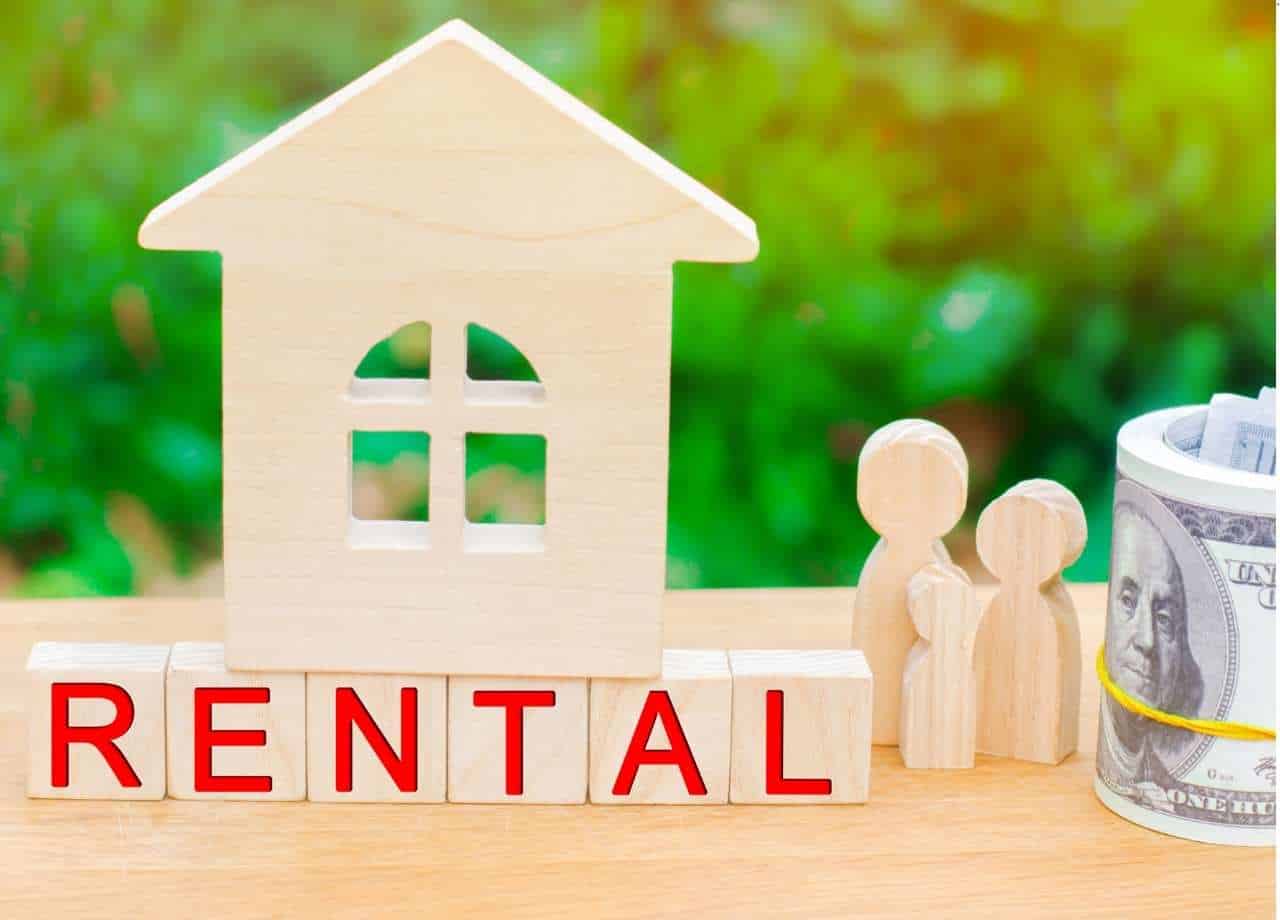Managing rental properties isn’t just about collecting rent checks. If you’re looking to make your rentals profitable, you need to have a good handle on your finances. Every decision you make, from setting rent to handling maintenance, affects your bottom line. Let’s go through some simple, effective ways to keep your rental business financially sound.
Plan for Consistent Cash Flow
One of the biggest challenges for property managers is inconsistent cash flow. Rent payments don’t always come in on time, and expenses like repairs can pop up unexpectedly. Here are a few tips to create stability:
Automate Rent Collection:
Use online rent collection tools to ensure timely payments. Tenants can set up recurring payments, reducing late fees and cash flow issues for you.
Set Aside Emergency Funds:
Always have a reserve fund. This covers unexpected repairs or maintenance without dipping into personal savings.
Offer Incentives for Timely Payment:
Discounts for early payments or small perks can encourage residents to pay rent on time.
Minimize Vacancy Loss
Vacancies are one of the biggest financial drains for landlords. The longer a unit stays empty, the more money you lose. To reduce vacancy rates:
Market Units Effectively:
High-quality photos, clear descriptions, and competitive pricing attract more applicants.
Address Maintenance Quickly:
Make your properties move-in ready by tackling repairs immediately after a tenant moves out.
Offer Desirable Amenities:
Services like pest control, covered parking, or smart home features can make your property more appealing.
A good example here is including pest control in your rent bundle. It’s one less thing for residents to worry about and helps keep the property well-maintained. Plus, it’s a great selling point during tours.
Track Your Expenses
Keeping track of every dollar spent on your properties is crucial. This helps you see where your money is going and identify areas where you can cut costs. To stay on top of expenses:
Use Property Management Software:
These tools help you log expenses, track payments, and even calculate profits.
Categorize Costs:
Break down expenses into categories like repairs, marketing, utilities, and pest control. This helps you see where you’re overspending.
Review Regularly:
Set aside time each month to review your financial records. Are there any unnecessary expenses? Any trends you need to address?
Avoid Large, Unexpected Repair Costs
Nothing eats into profits faster than a major repair bill. The best way to avoid this is through regular maintenance. For example:
Schedule Seasonal Inspections:
Check HVAC systems, plumbing, and roofing at least twice a year. Catching small problems early prevents expensive repairs later.
Invest in Preventative Measures:
For pest control, this might mean sealing cracks, installing screens, or using professional services like Pest Share.
Work with Reliable Vendors:
Build relationships with contractors you trust. You’ll likely get better rates and faster service.
Maximize Rental Income
Increasing profits doesn’t always mean raising the rent. Here are a few creative ways to boost your rental income:
Charge for Premium Features:
If you have upgraded appliances, a garage, or a balcony, consider adding a small fee.
Add Paid Services:
Offer laundry facilities, package delivery services, or pest control as part of a rental bundle.
Host Community Events:
Partner with local businesses to host resident events. It’s a low-cost way to build community and attract new renters.
Protect Your Property Investments
Protecting your properties means fewer unexpected costs and a better reputation among residents. This starts with proactive property management:
Use Technology:
Tools like Pest ID software can quickly identify pest problems and connect you with local service providers. This avoids delays and keeps your property in top shape.
Keep Residents Happy:
A satisfied resident is less likely to move out, which reduces turnover costs. Simple things like quick responses to maintenance requests go a long way.
Prevent Property Damage:
Require security deposits, perform regular inspections, and educate residents about basic maintenance responsibilities.
Stay Compliant with Local Regulations
Fines or lawsuits can cripple your rental business. Stay ahead of legal issues by:
Understanding Local Laws:
Know your area’s rules on rent increases, lease agreements, and property standards.
Hiring Professionals When Needed:
Don’t hesitate to consult a lawyer or accountant to ensure you’re compliant.
Keeping Detailed Records:
Document all transactions, maintenance requests, and communications with residents.
Improve Efficiency with Streamlined Processes
Time is money. Simplifying your day-to-day operations can save both:
Consolidate Services:
Instead of juggling multiple service providers for things like pest control, repairs, and landscaping, look for bundled options. For instance, Pest Share handles pest issues directly with residents, freeing up your time.
Standardize Communication:
Use templates for common messages, like lease renewals or rent reminders.
Train Your Team:
If you work with assistants or staff, ensure they’re trained on efficient property management practices.
Use Data to Make Better Decisions
Data is a powerful tool for property managers. Use it to:
Set Competitive Rents:
Research local market trends to price your units fairly without leaving money on the table.
Monitor Performance:
Track occupancy rates, maintenance costs, and resident satisfaction.
Identify High-Performing Properties:
Focus your resources on units or buildings that generate the most profit.
Build Strong Relationships with Residents
Happy residents are more likely to stay longer and take better care of the property. Some ways to build those relationships:
Offer Clear Communication:
Let residents know what to expect when it comes to rent, maintenance, and rules.
Be Proactive:
Reach out about upcoming inspections, events, or seasonal changes like pest treatments.
Show Appreciation:
A small gesture, like a holiday card or a welcome gift, can go a long way.
Review and Adjust Your Strategy
The rental market can change, and so can your financial goals. Regularly review your strategy and make adjustments as needed. Maybe you need to invest in upgrades to attract higher-paying residents or cut back on certain expenses. Always be ready to adapt.
By following these tips, you can keep your rentals profitable while reducing stress. Simple changes, like offering amenities residents love or using tools to streamline your workflow, can make a big difference. And when it comes to managing pests, consider partnering with a service like Pest Share. It’s an easy way to protect your property, keep residents happy, and save time.







